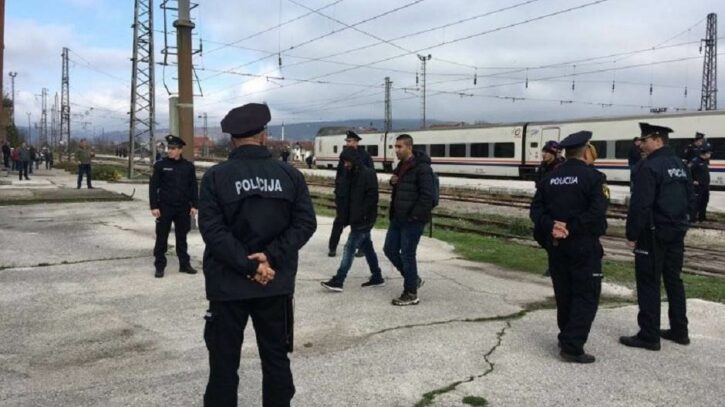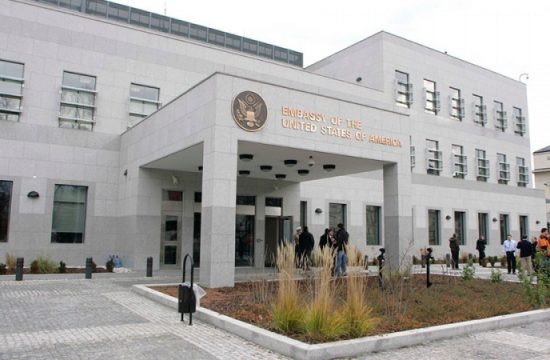
Una-Sana Canton’s (USK) police prevented some 100 migrants from entering the area of this north-western canton, near the Croatian border, when they stopped the train travelling from Sarajevo and escorted them back to the Republika Srpska entity border.
The police were only following instructions of the cantonal Operative group for the control and monitoring of the migrant crisis because cantonal migrant centres have reached maximum capacity,” USK Interior Ministry’s Spokesperson Ale Siljedic said, adding that this is an everyday thing for them.
But migrants and refugees seek alternative paths to Bihac and often use local traffickers to help them get there.
“They use all kinds of ways to get to Bihac, like alternative roads or forest pathways. There were cases where our citizens were trafficking them for money,” he added.
Siljegovic noted that some Bihac and Velika Kladusa residents are also renting their houses and apartments to them, which makes the police work even more complicated.
The number of migrants entering the country has decreased over the winter, but illegal routes they use to enter the country have not been closed.
According to Bosnia’s Security Minister, Dragan Mektic, Bosnia can expect close to 25,000 new migrants in 2019, which is around the same number as last year and the State Border Police said they expect new migrants when Drina river’s water levels drop.



